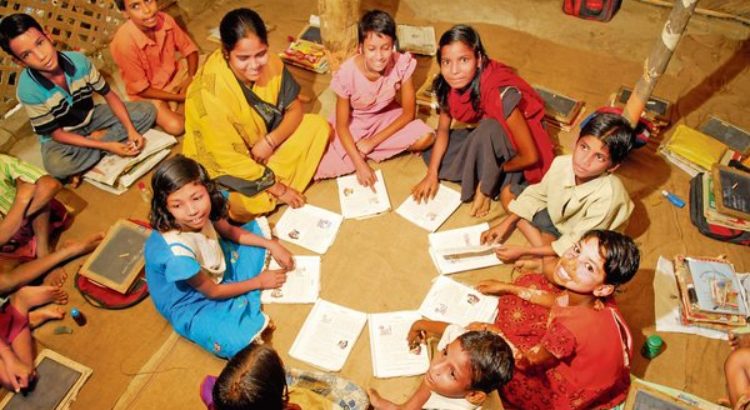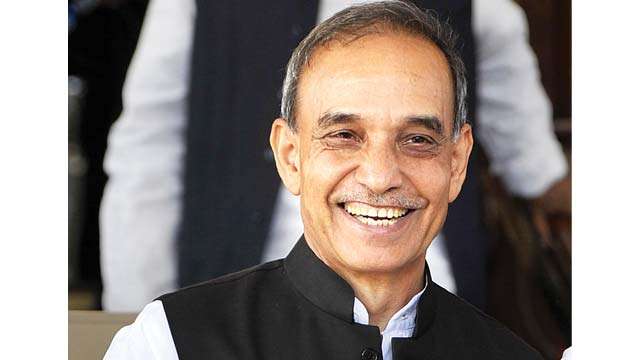By: Anjela Taneja.
The draft National Education Policy (NEPTodas las entradas), 2019, is full of provisions that many in the education sector have been desperate to see for decades. The conferring of the Right to Education to children under six and above 14, doubling of the overall financial allocation to education and strengthening the teaching profession bring cheer. However, many of the policy’s omissions and contradictions, combined with the previous track record of central and state governments in implementing existing education policies, diminish this hope.
The omissions: While the policy talks about the need to bring “unrepresented groups» into school and focus on educationally lagging “special education zones», it misses a critical opportunity of addressing inequalities within the education system. It misses to provide solutions to close the gap of access to quality education between India’s rich and poor children. It proposes to remove the expectations that all schools meet common minimum infrastructure and facility standards, and that primary schools be within a stipulated distance from children’s homes.
India’s schools already vary across the scale—from single room structures without water and sanitation, to technology-enabled international schools. Not specifying a common minimum standard below which schools cannot fall, creates conditions where quality of facilities in some schools will only sink lower, widening this gap.
This is even more of an issue since it proposes a roll back of existing mechanisms of enforcement of private schools making parents “de-facto regulators» of private schools. Parents, and particularly poor and neo-literate parents, cannot hold the onus of ensuring that much more powerful and resourced schools comply with quality, safety and equity norms.
India should have moved towards a national system of education that shapes India’s next generation and enforce standards of quality across the country.
The contradictions: While the policy places considerable emphasis on the strengthening of “school complexes» (clusters of schools sharing joint resources) and decentralized mechanisms for supporting teachers, their everyday management appears to have been tasked to the head teacher of the secondary school in the cluster.
Furthermore, no separate funding appears to have been earmarked for this. This is false economy, since this is a full time activity and needs to be staffed and resourced accordingly.
Lessons from non-implementation of past policies: The policy’s implementation is predicated on the assumption that the education budget would be almost doubled in the next 10 years through consistent decade-long action by both the centre and states. However, the revenue is decentralized to the states and it is unclear what would be done to ensure that resources needed will be allotted. The sheer scale of changes expected, the rapid timeline, the absence of a strong mechanism for handholding states on this journey and the probable inadequate budget raises questions on the full implementation of this policy. India’s history is littered with ambitious education policies that have not been fully implemented. The National Education Policy risks following this tradition, unless the government addresses the reasons behind the past policy-practice implementation gap and makes conscious efforts to carry all of India on the same road towards improvement in education.
Source of the article: https://www.livemint.com/opinion/online-views/new-education-policy-misses-a-critical-chance-to-address-inequalities-in-system-1560282262183.html









 Users Today : 50
Users Today : 50 Total Users : 35460181
Total Users : 35460181 Views Today : 70
Views Today : 70 Total views : 3418853
Total views : 3418853